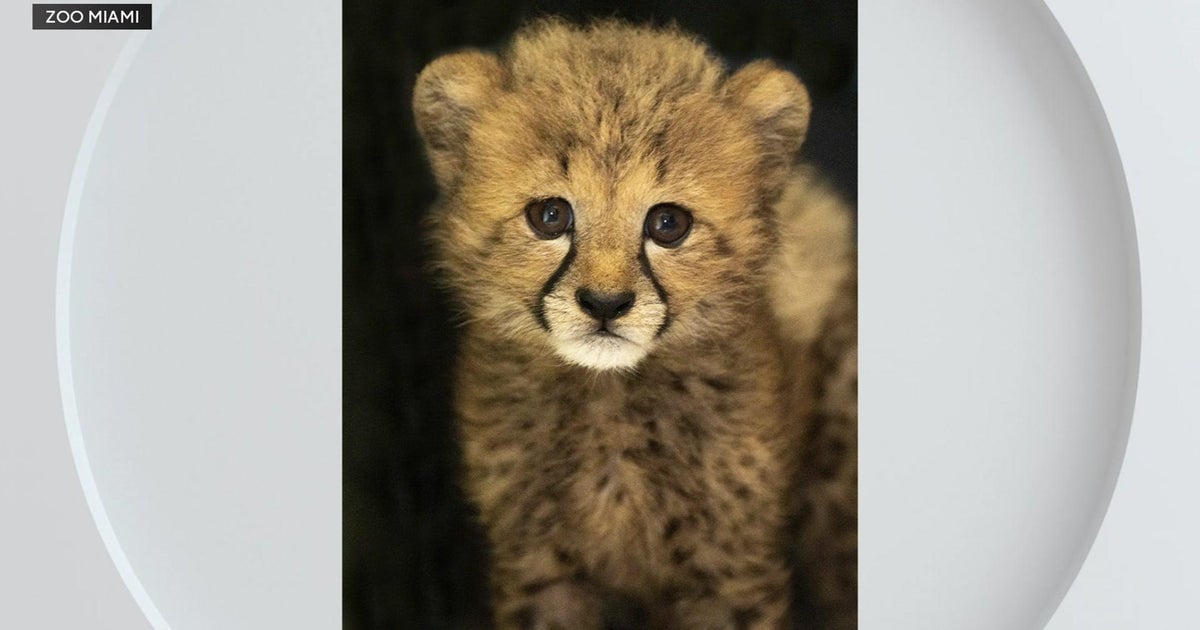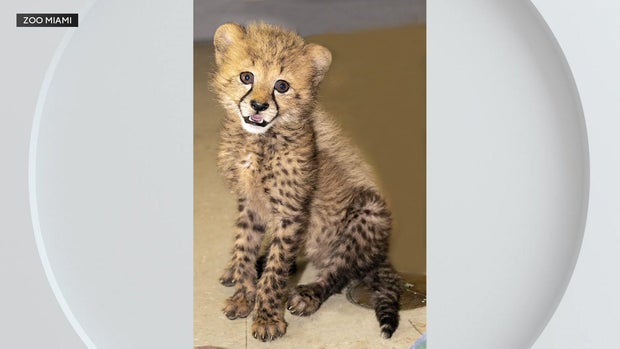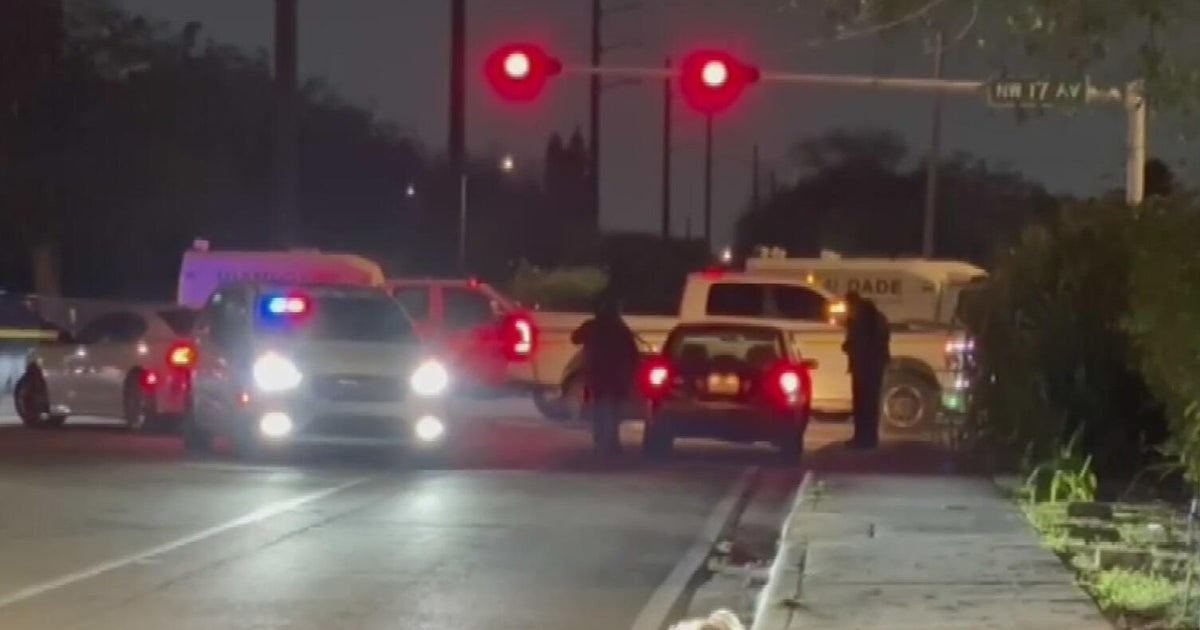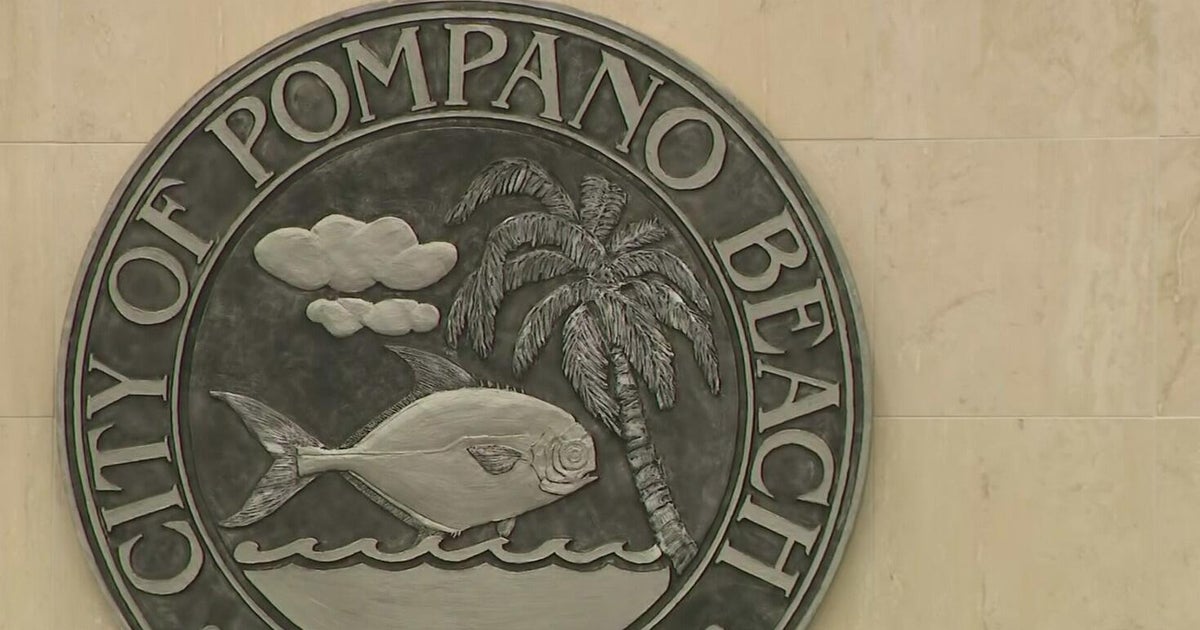MIAMI – Zoo Miami’s newest ambassador animal is just about the cutest thing you will see all day. It truly is a cheetah cub named Winston.
The cub was born at Wildlife Safari in Winston, Oregon on May 9th. His complete title is Winston Eugene Portland III, a tribute to the metropolitan areas that played a role in his life as he traveled by in Oregon during his journey to Miami.
Zoo Miami/Ron Magill
Right after his arrival on June 14th, Winston was secluded in a quarantine spot in which he acquired a sequence of assessments and tests to help be certain that he was balanced and producing generally. He was also monitored and cared for by a group of Animal Science and Animal Overall health gurus as they bit by bit acclimated him to his new environment and organized him for his upcoming function as an ambassador animal.
Winston has now properly cleared quarantine and will before long be creating general public appearances on a random basis as the workers prepares him for his job as a foreseeable future star of the Zoo Miami Ambassador Staff. He will be the successor to the zoo’s current cheetah ambassadors, Koda and Diesel, who are obtaining up in age and will be hunting at retirement in the not too distant potential.
Zoo Miami/Ron Magill
Proven more than two decades in the past, the Zoo Miami Cheetah Ambassador System has raised hundreds of 1000’s of bucks to directly assistance cheetah conservation attempts in the wild.
Cheetahs are considered to be Africa’s most endangered major cat with only about 7,000 remaining in the wild. Discovered in isolated pockets of Japanese and Southern Africa as nicely as a pretty little population in Asia, cheetahs are not regarded as a risk to humans. On the other hand, their most significant danger is human conflict as they are often shot by farmers who look at them a threat to their livestock.
Thanks for reading CBS NEWS.
Create your free account or log in
for more features.





